-
×
 Sapiens by Yuval Noah Harari (563)
1 × රු1,450.00
Sapiens by Yuval Noah Harari (563)
1 × රු1,450.00 -
×
 Sapiens by Yuval Noah Harari (552)
1 × රු1,400.00
Sapiens by Yuval Noah Harari (552)
1 × රු1,400.00 -
×
 A Song of Ice and Fire - A Game of Thrones: The Complete Boxset by George R R Martin
1 × රු17,500.00
A Song of Ice and Fire - A Game of Thrones: The Complete Boxset by George R R Martin
1 × රු17,500.00
Subtotal: රු20,350.00

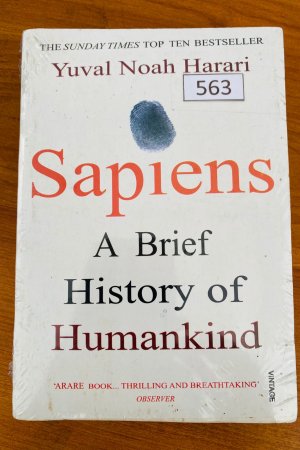 Sapiens by Yuval Noah Harari (563)
Sapiens by Yuval Noah Harari (563) 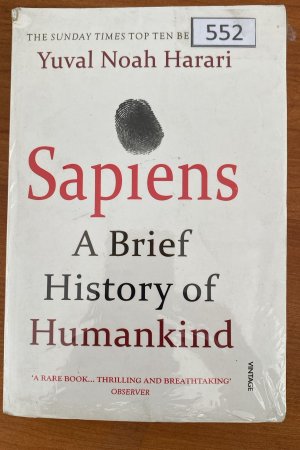 Sapiens by Yuval Noah Harari (552)
Sapiens by Yuval Noah Harari (552)  A Song of Ice and Fire - A Game of Thrones: The Complete Boxset by George R R Martin
A Song of Ice and Fire - A Game of Thrones: The Complete Boxset by George R R Martin 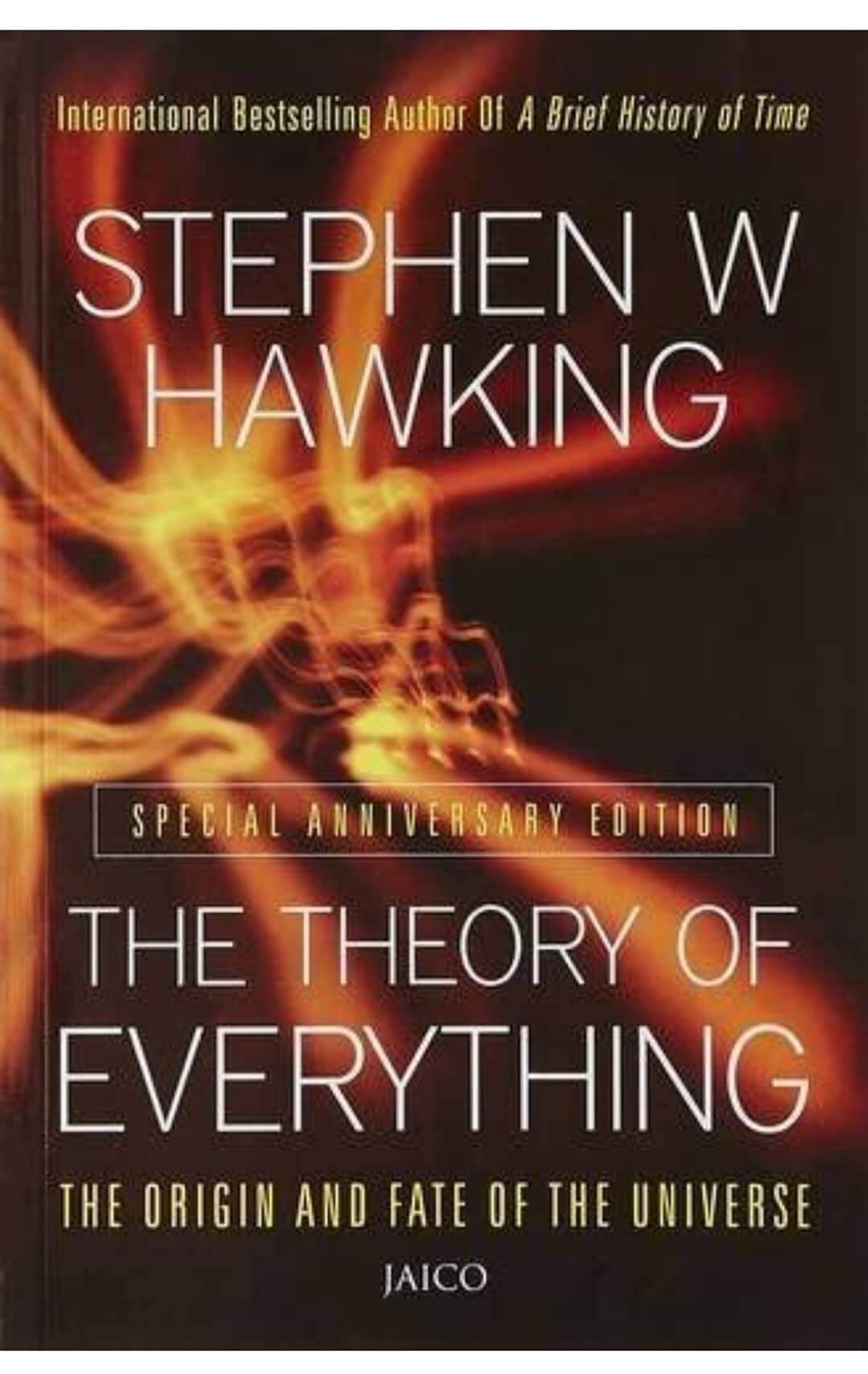
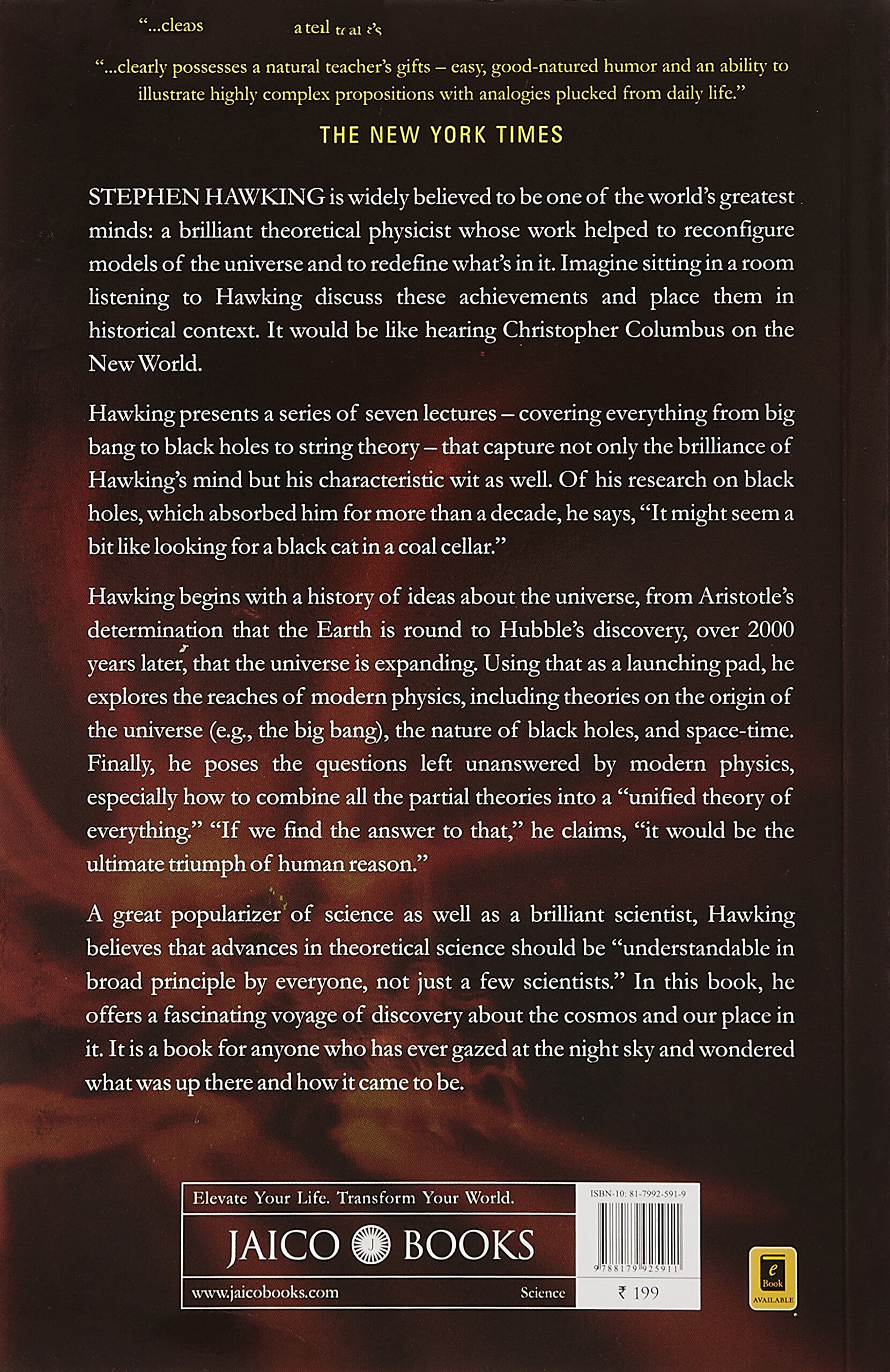
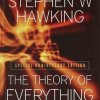
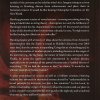





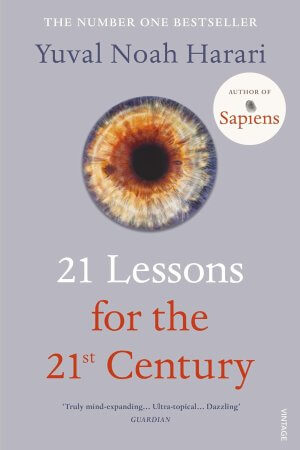






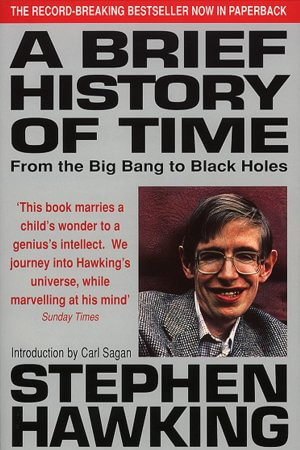
Reviews
There are no reviews yet.